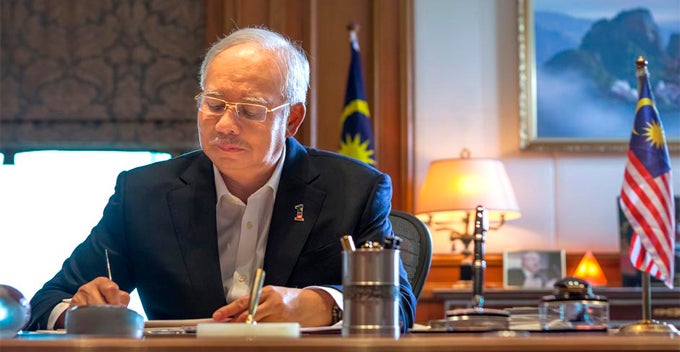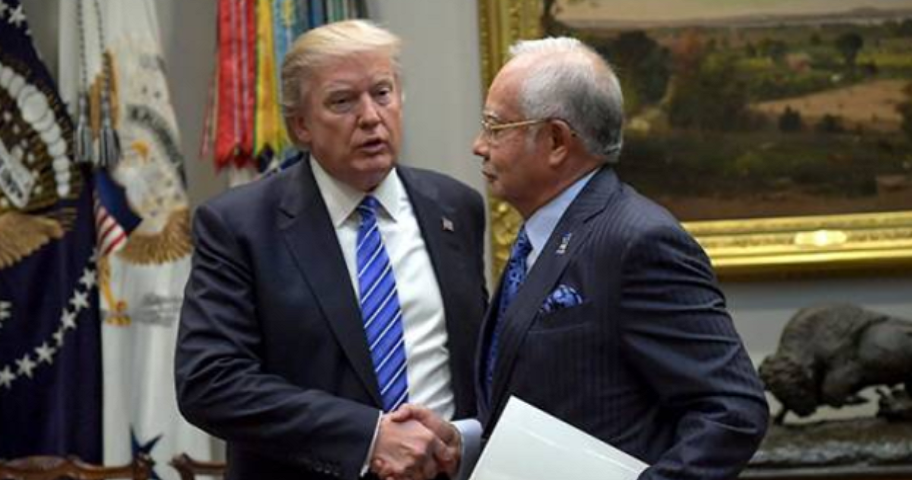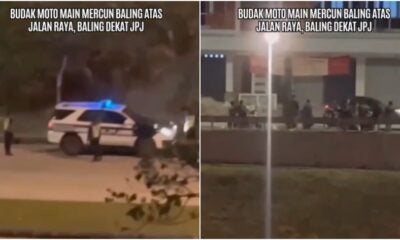As the head of the government, our Prime Minister Dato’ Sri Najib Razak is undeniably the most powerful man in the country, and that’s partly because he holds two of the most important positions in the government: Prime Minister and Finance Minister.
So here are 7 things our beloved Prime Minister has control of.
1. Also being the Finance Minister
Although it’s not enshrined in the constitution, it has long become a trend in Malaysia that our prime minister also holds the position of finance minister.
It all started with Tun Mahathir who became finance minister from 1998-1999, and then again from 2001 to 2003. This trend was carried on during the term of Tun Abdullah Ahmad Badawi when he succeeded Tun Mahathir.
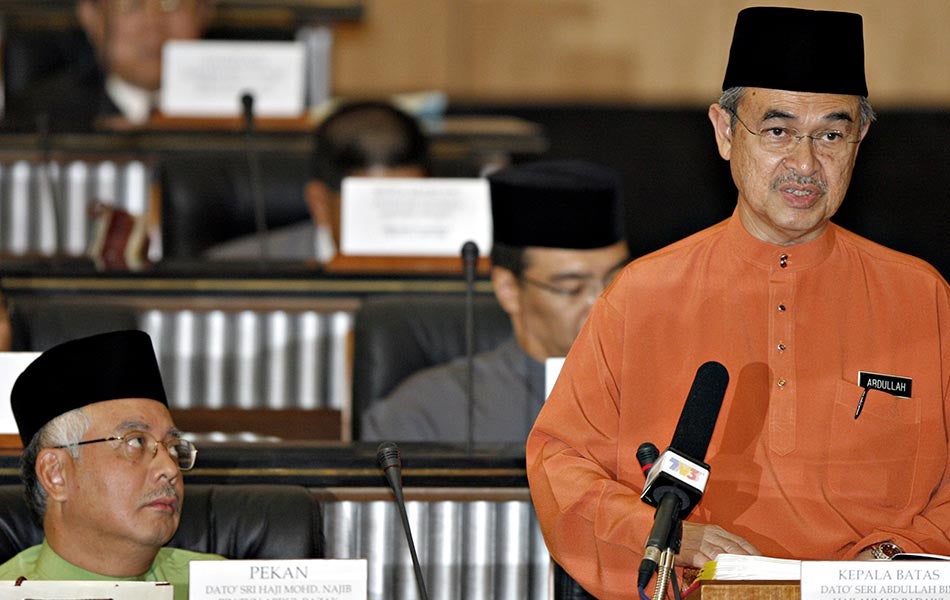
Source: astro awani
However, in 2008, Najib Razak who was then deputy prime minister was appointed as finance minister during Tun Abdullah’s second term as prime minister. Najib then succeeded Tun Abdullah in 2009 as prime minister while being the finance minister.
2. Cherry-picking high-ranking office holders to be appointed by our King
These important individuals are the ones manning crucial positions to ensure the government runs like clockwork and the country is in order. These people are:
- Senators (44 out of 70)
- Judges of the superior courts (the High Courts, Court of Appeal, and Federal Court)
- Attorney-General and Auditor General
- Chairperson and members of:
- Judicial and Legal Service Commission
- Election Commission
- Police Force Commission
- Education Service Commission
- National Finance Council
- Armed Forces Council
- Governors of Melaka, Penang, Sabah and Sarawak
3. Setting the direction for the board of Employees Provident Fund (EPF)
Thanks to the EPF Act, Najib as the Finance Minister has the power to set the general direction of the board of EPF, which consists of members and investment panels chosen by Najib himself.
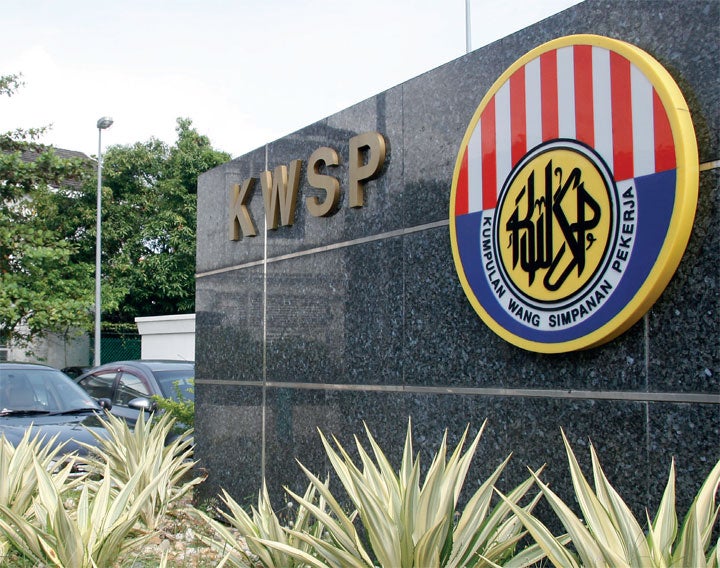
Source: lipstiq
According to Professor Gomez in his new book, this gives the prime minister authority to direct how the fund is being invested.
The execution of this power can be seen in the recent meeting between Najib and Donald Trump where our prime minister announced that roughly RM16 billion may be invested to support infrastructure development in the United States.
4. Summoning and adjourning sittings of the Dewan Rakyat
Again, the King will call for Parliament sitting under the advice of the prime minister. The first Parliament sitting must then take place within 120 days after a general election.
5. Dissolving the parliament
This is usually done after requesting permission from our King. Conventionally, the King would always oblige with the prime minister’s wish. Once the parliament is dissolved, a general election must be held within 60 days.
This is where the fun begins!
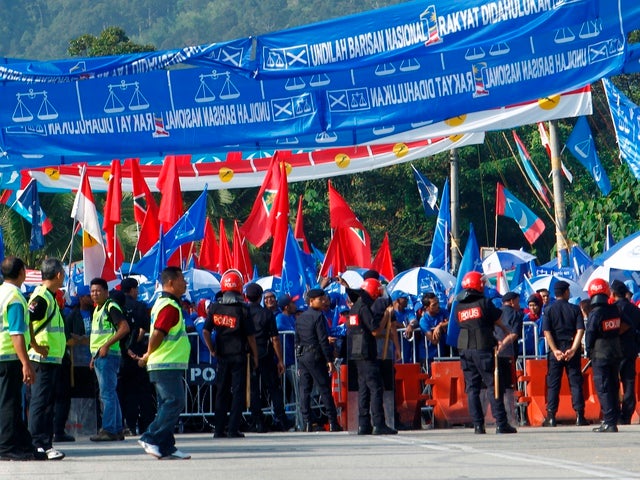
Source: ifex
6. Having the final say over seven holding firms
These seven holding firms are known as “government-linked investment companies” (GLIC). They include:
- Minister of Finance Inc (MoF Inc)
- Khazanah Nasional Bhd
- Permodalan Nasional Bhd
- Employees Provident Fund (EPF)
- Lembaga Tabung Angkatan Tentera
- Lembaga Tabung haji
- Kumpulan Wang Persaraan (KWAP)
These giant players in turn, have control over hundred of government-linked companies (GLC) such as Maybank, CIMB, Axiata, and PLUS Malaysia, just to name a few.

Source: ideas
As you can see from the chart above, the minister of finance has control over all seven GLIC, which means that the prime minister has very strong influences in the decision-making process. This also means that the government can exert strong influence when it comes to:
- Award of contracts
- Key appointments
- Corporate strategy
- Financing
- Asset acquisitions and sales
In other words, all the big players in the industry are directly or indirectly controlled by the government.
7. Deploy forces to search any individual, vehicle or premise without a warrant
The National Security Act officially came into force on 1 August aiming to combat terrorism in our country. The National Security Council is headed by our prime minister, which gives him the power to declare a “security area”.
Within the designated area, security forces such as police and the army can:
- Search and arrest without warrant
- Seize properties
- Ban demonstrations
It also allows investigators to dispense with formal inquests into killings by the police or armed forces in those areas.
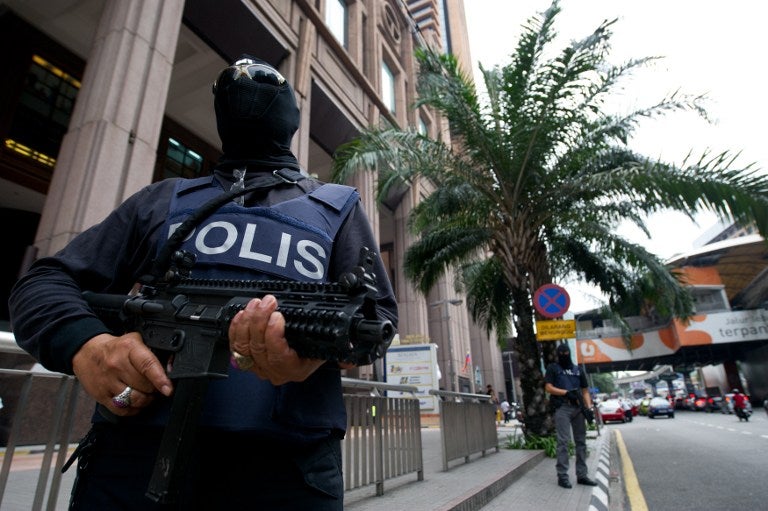
Source: mmo
Understandably, being a prime minister and finance minister at the same time isn’t easy for Najib. After all, he is being scrutinised for every decision he makes. Well, let’s hope he makes good calls on all the investment-related decisions for the betterment of our country.
Also read: RM16 Billion of Our EPF Money May Be Used for US’ Infrastructure, is That Normal?

